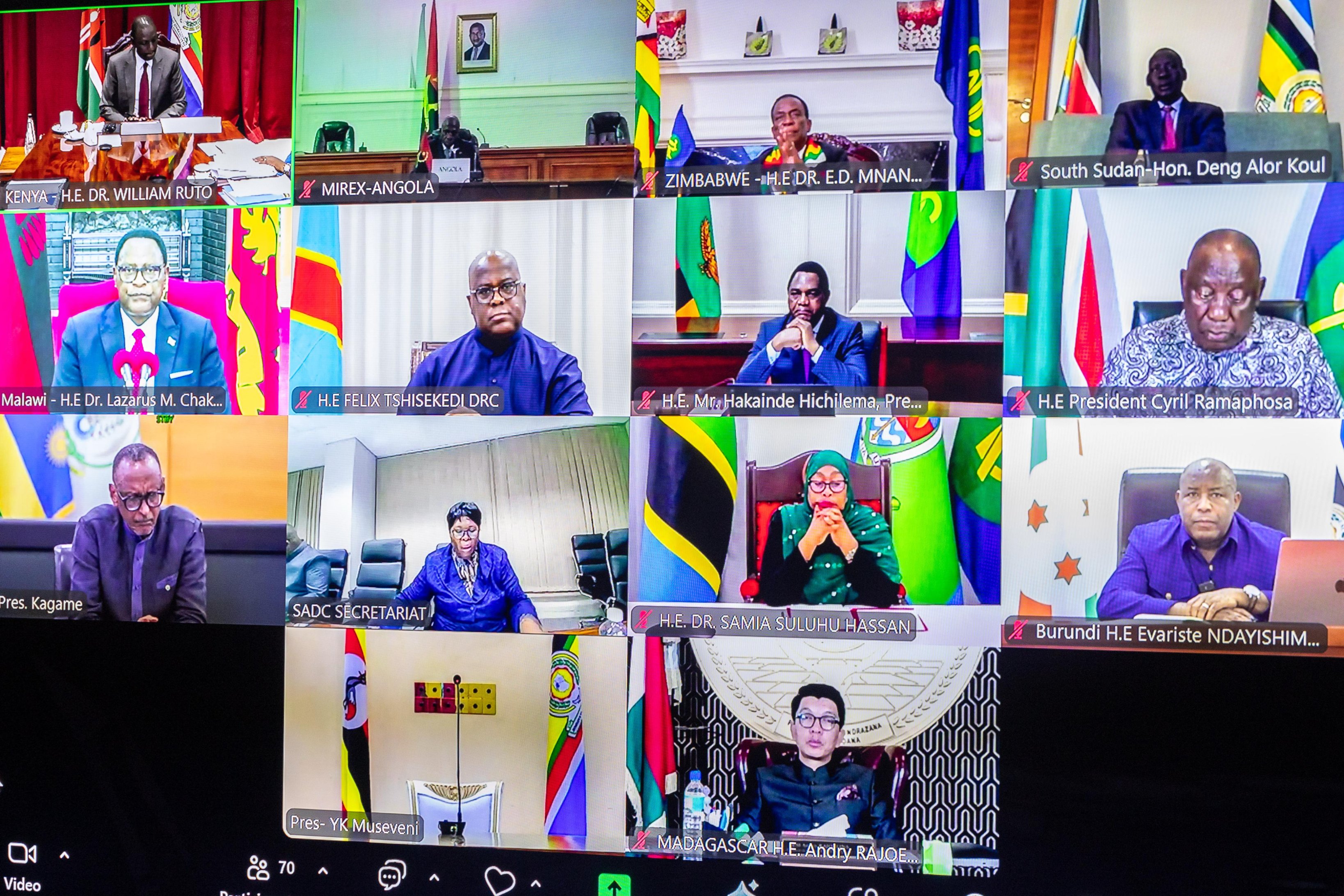
President William Ruto’s schedule for the week remained relatively light, with all engagements taking place at State House.
After returning from Naivasha on Sunday afternoon, where he officially closed this year’s WRC Safari Rally, Ruto joined other leaders, including Raila Odinga, at Nyayo Stadium to support Harambee Stars in their match against Gabon.
One of the major events of the week was the joint EAC-SADC meeting on the eastern DRC crisis, which he co-chaired with his Zimbabwean counterpart Emmerson Mnangagwa.
The virtual summit held Monday resolved to expedite the peace process by appointing an expanded panel of 5 facilitators.
They are retired Presidents Uhuru Kenyatta (Kenya), Olusegun Obasanjo (Nigeria), Kgalema Motlanthe (South Africa), Sahle-Work Zewde (Ethiopia) and Catherine Samba-Panza (Central African Republic).
The meeting also adopted a report of the EAC-SADC Ministers that outlines the steps to a ceasefire, cessation of hostilities and the setting up of a secretariat to monitor implementation of the decisions of the joint summit.
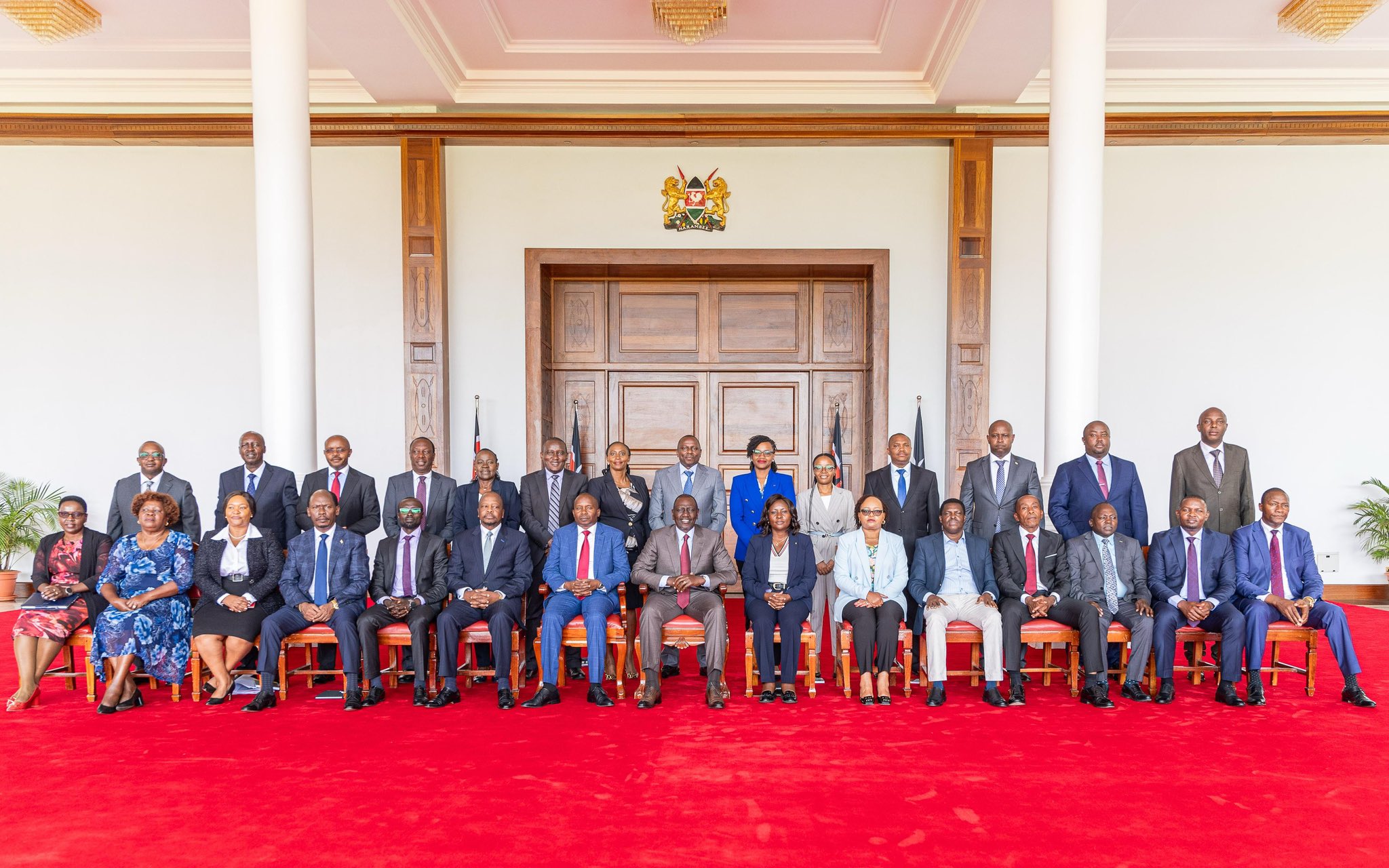
Earlier on, Ruto hosted Governors from Mt Kenya for a consultative meeting ahead of his planned development tour of the region.
In brief, the Head of State said they discussed the key programmes and projects that we are implementing to spur the region's socio-economic transformation.
“We are aligning National and county governments' priorities to accelerate our development agenda, effectively address the needs of our people, and drive inclusive growth,” he said.
Cabinet Secretaries, as well as Principal Secretaries from the region were also in attendance.
He also met UAE Foreign Affairs Minister Sheikh Shakhboot Nahyan Al Nahyan and Investment’s Mohammed Hassan Al Suwaidi.
Relations between Kenya and the United Arab Emirates have over the years developed, culminating in the signing of a Comprehensive Economic Partnership Agreement in January, 2025.
The agreement has since strengthened economic cooperation between our two countries, significantly expanding trade and investment opportunities for both nations.
March 25 (Tuesday)
He met religious leaders, where they discussed the ongoing enhancement of health reforms in the country.
Those in attendance were Maseno North Anglican Church Bishop Charles Asilutwa, Africa Gospel Church Bishop Robert Lang'at and Machakos Catholic Bishop Norman King'oo Wambua.
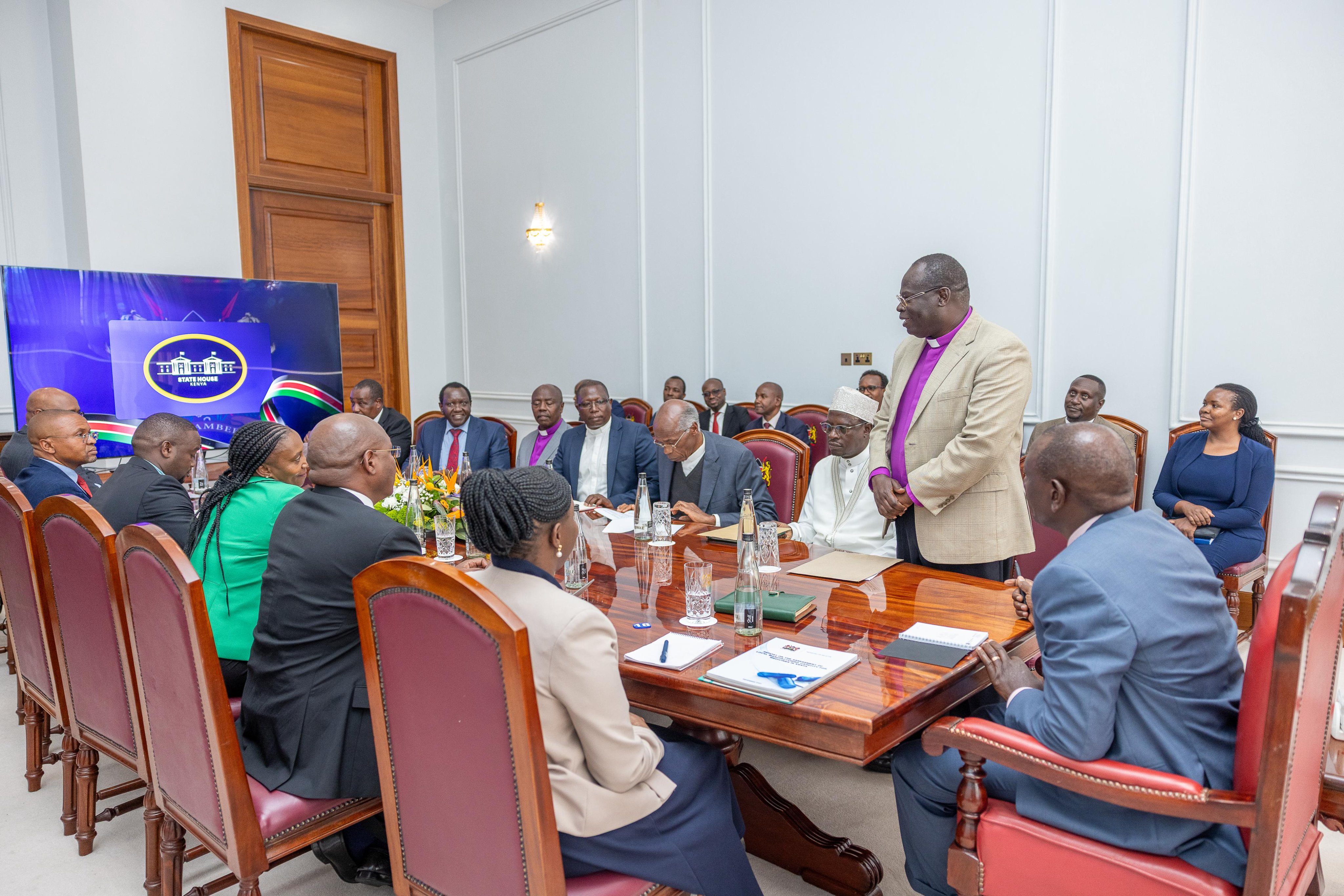
Others were Africa Inland Church Presiding Bishop Abraham Mulwa, Methodist Church Presiding Bishop Isaiah Deye and PCEA Moderator Thegu Mutahi.
Ruto acknowledged the impact of faith-based organisations in the delivery of healthcare in the country.
He stated that their contribution in the provision of services has significantly strengthened Kenya's health system and boosted citizens' well-being.
In the evening, he hosted a section of Muslim leaders for an Iftar where he urged the clerics and all religious leaders to shepherd God’s flock with humility.
He also vowed to continue supporting religious institutions, including mosques and churches, as part of celebrating the freedom of worship in our country.
March 26 (Wednesday)
He held consultations with leaders from Western Kenya to assess progress on key priority projects in the region.
These include strengthening agricultural value chains, particularly increasing fertiliser uptake to boost food production and reviving the sugar and coffee sectors in the region.
Ruto said they also discussed urgent infrastructure needs, including roads, power connections and ongoing fresh produce markets.
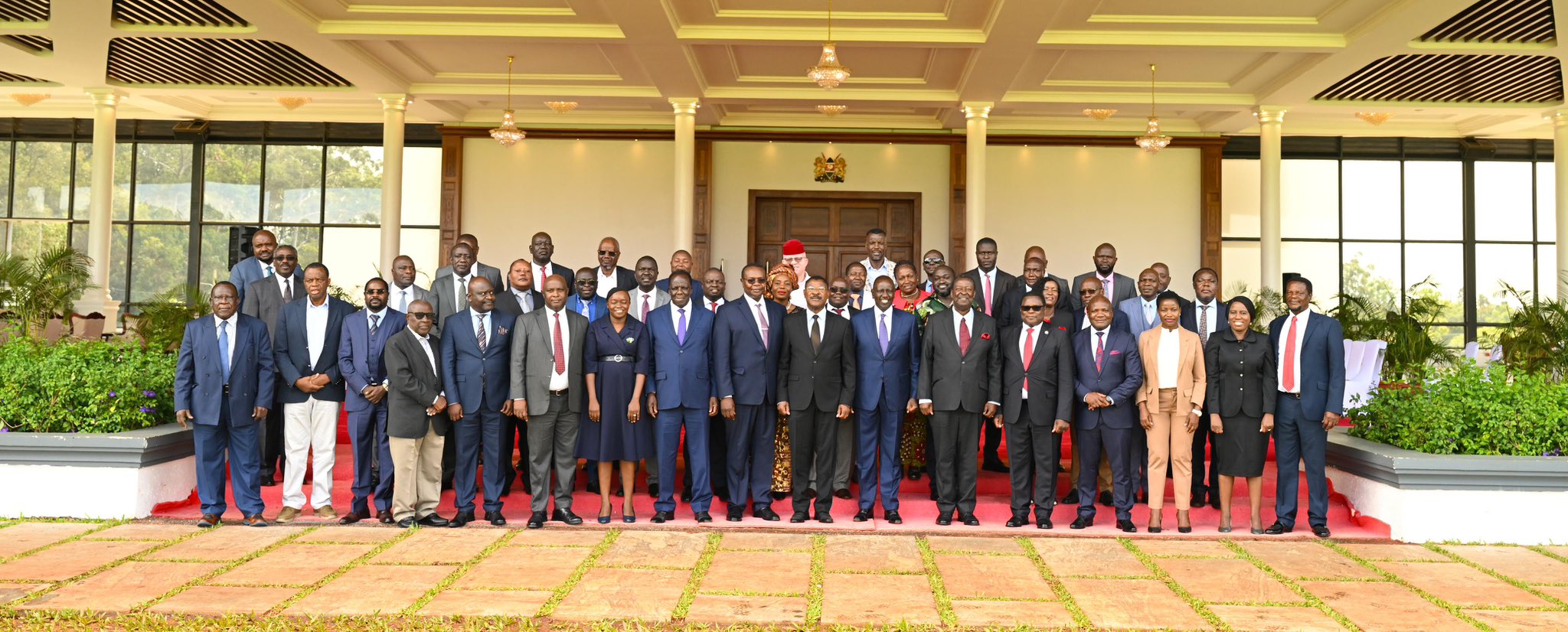
Other areas of focus were universal health coverage and projects that will improve access to clean water.
Also present was Prime Cabinet Secretary Musalia Mudavadi among others.
Later on, he also met officials of Kenya Tea Development Agency (KTDA), East Africa Tea Traders Association (EATTA) and Africa Global Logistics.
Speaking during the event, Ruto said the government will continue to address bottlenecks that hinder production, packaging and marketing of tea, including providing timely subsidised fertiliser, reviewing taxes, and opening up new markets, especially in Africa.
March 27 (Thursday)
He hosted leaders from Machakos, Kitui and Makueni counties for a consultative meeting.
According to Ruto, there was a need to embrace collaborative leadership, even with our divergent political inclinations, in order to unite and transform Kenya.
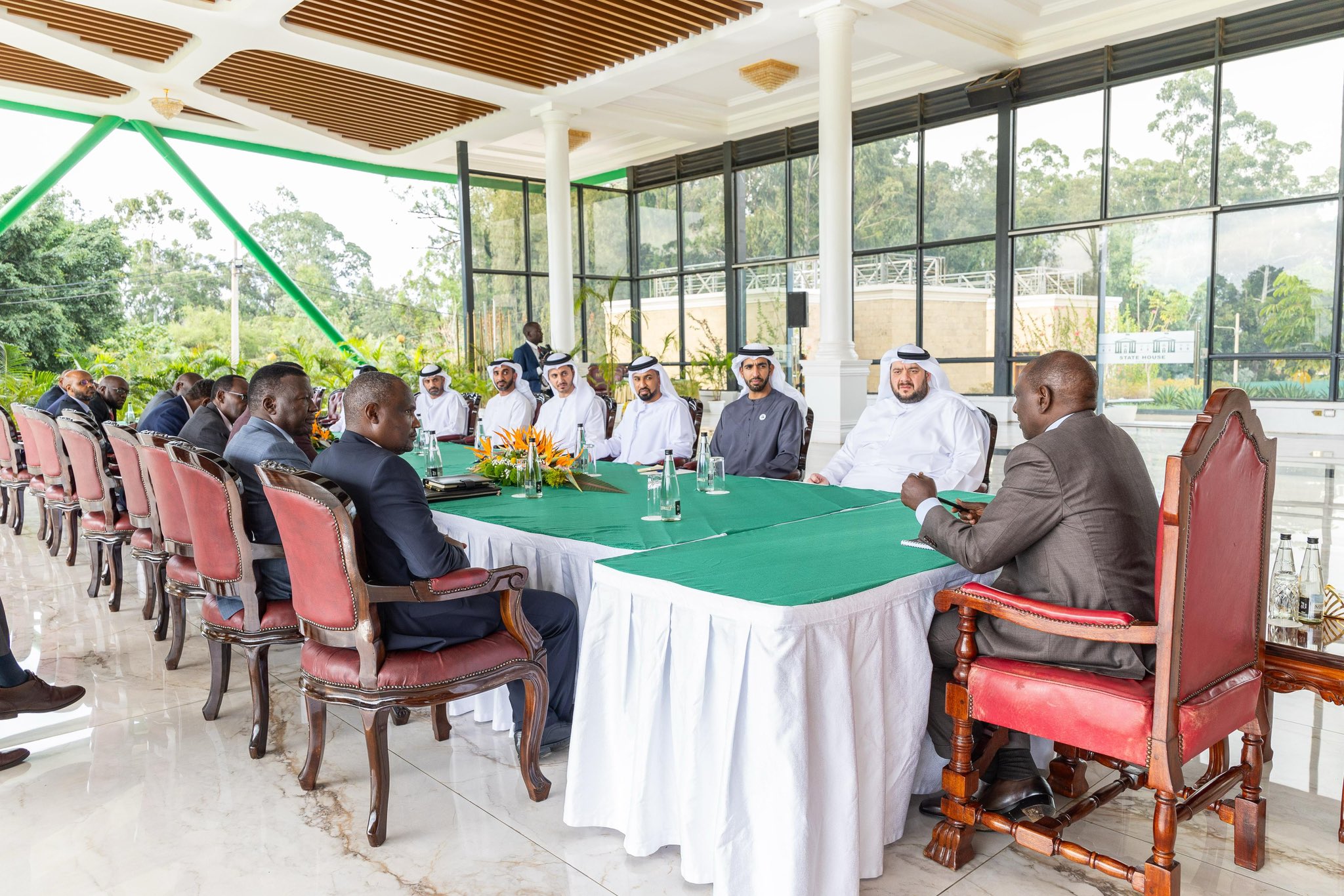
He said that through enhanced teamwork, “we will accelerate the delivery of services and development of our country.”
The president also had a phone call with South Sudan President Salva Kiir on the situation leading to the arrest and detention of 1st Vice President Riak Machar.
He announced that after consultations with President Yoweri Museveni and PM Abiy Ahmed, they agreed to send a special envoy to South Sudan to engage, try to de-escalate, and "brief us back."
March 28 (Friday)
At State House, he launched the Shirika Plan, a landmark initiative that integrates refugees with host communities in our country.
This will upgrade the refugee management, shifting from humanitarian dependency to a more inclusive and progressive development model anchored in the philosophy of 'African solutions to African and global challenges'.
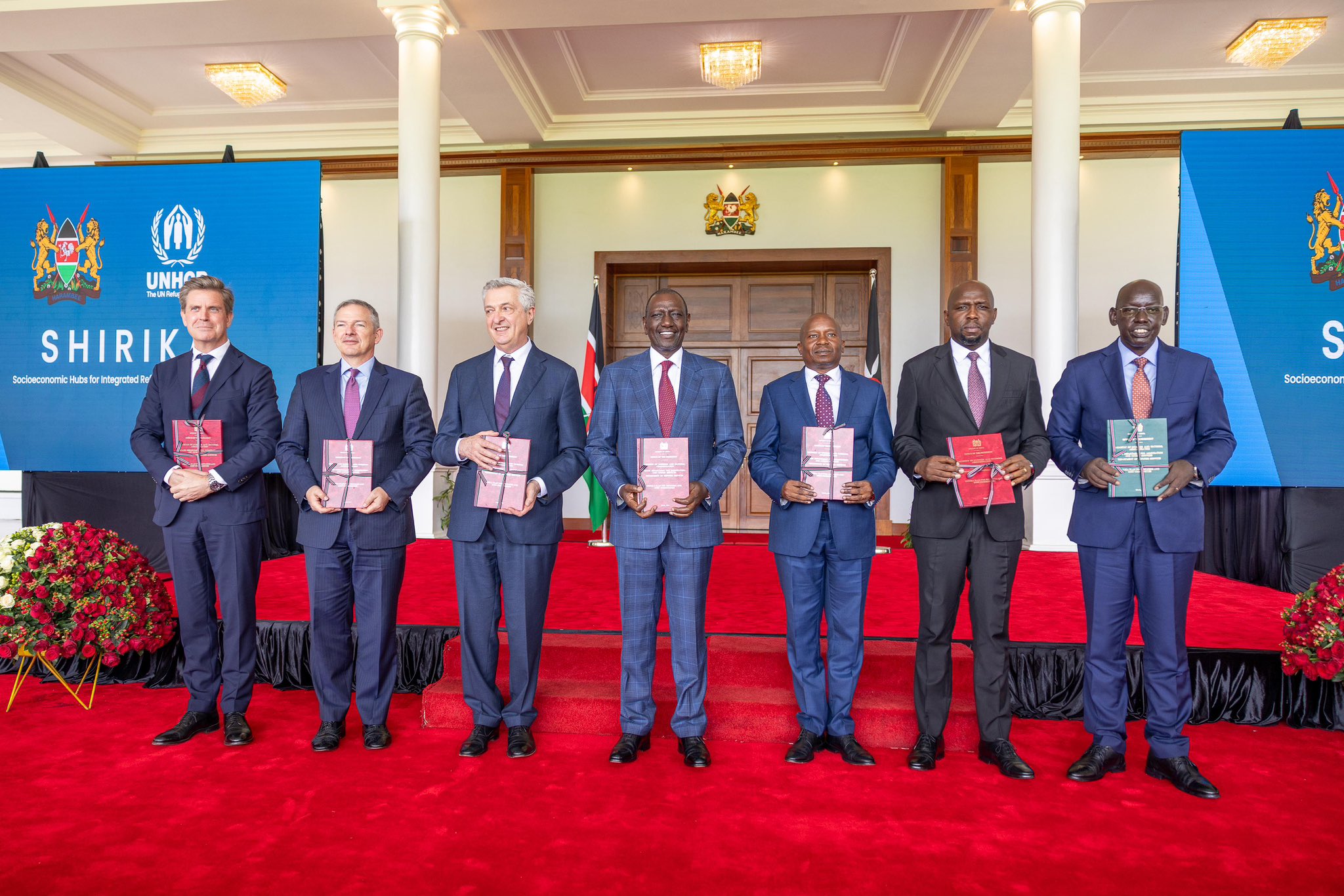
Centred on human rights, the Shirika Plan will also nurture burden-sharing, resilience and shared prosperity amid donor fatigue and global diminishing humanitarian support.
Present during the event were Deputy President Kithure Kindiki, United Nations High Commissioner for Refugees Filippo Grandi, Cabinet Secretaries, Governors Jeremiah Lomorukai (Turkana) and @Nathif Jamah (Garissa), among other leaders.
The two refugee camps, Kakuma and Daadab, are located in the two counties.










